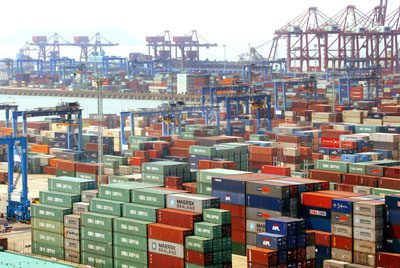

Nigeria’s import activity declines as foreign trade dips 65%
By Esther Agbo
Nigeria’s import activity has faced significant challenges in 2024, as evidenced by a sharp 65 percent decrease in foreign trade payments made through Letters of Credit (LC). The total value of LC payments dropped to $319.9 million in the first seven months of 2024, compared to $912.3 million in the same period of 2023, according to data from the Central Bank of Nigeria (CBN).
This steep decline reflects broader economic pressures, including rising customs duties, stringent import regulations, and the depreciation of the naira, which have collectively dampened the volume of imports.
Letters of Credit, a key instrument used in international trade to ensure payment for imported goods, serve as an indicator of a country’s import activity. The significant reduction in their use suggests that Nigeria’s importers are either scaling back operations or seeking alternative payment methods.
The downward trend in LC payments was consistent throughout the first half of 2024. In the first quarter, payments fell by 15.6 per cent to $204.4 million from $242.23 million in the fourth quarter of 2023. This decline accelerated in the second quarter, with payments plunging by 47.3 per cent to $107.8 million.
However, there was a partial recovery in July, when LC payments hit a low of $32.3 million in June but then surged by 146.6 per cent in August to $79.65 million. Despite this uptick, the overall trend for the year remains negative, highlighting the ongoing challenges in Nigeria’s foreign trade sector.
The persistent depreciation of the naira, which has remained above the N1,600 per dollar mark in recent weeks, continues to strain Nigeria’s importers, making foreign transactions more expensive and complex.




